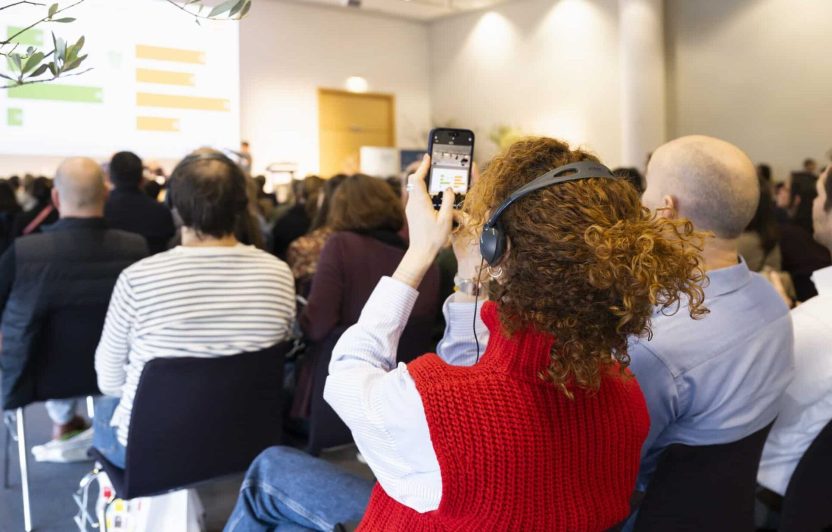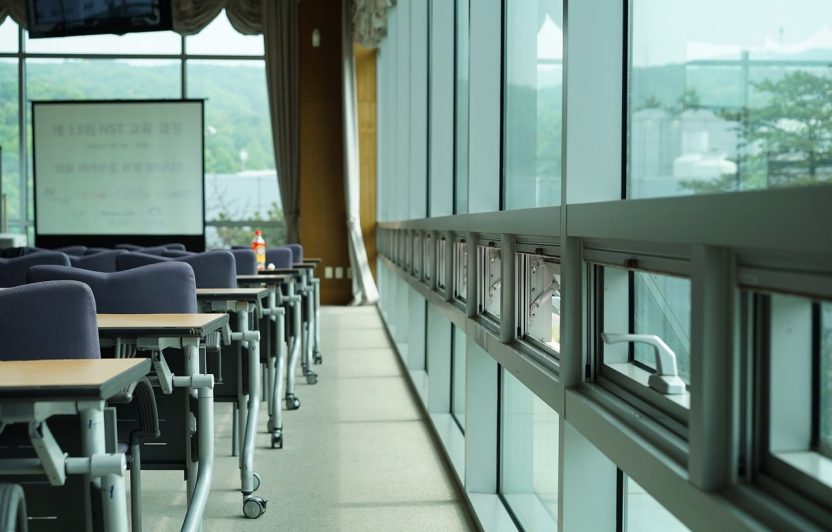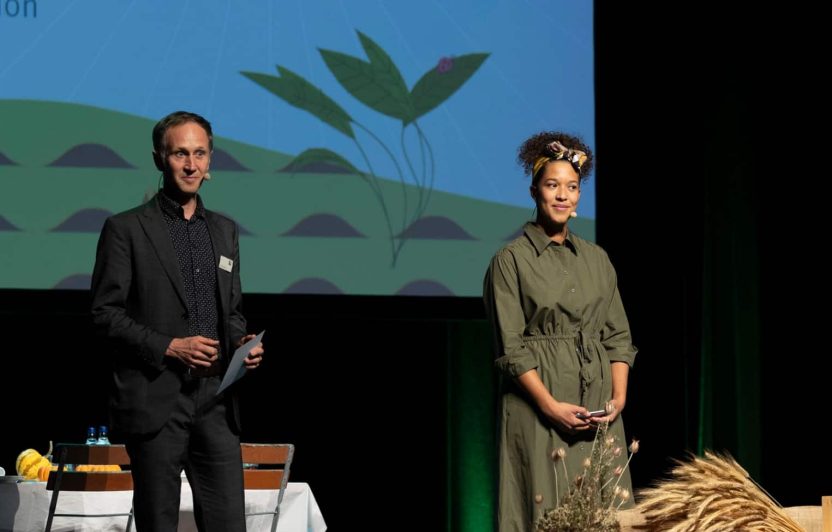The world’s population continues to grow—from 7.7 billion today to an estimated 10 billion by 2050. Despite progress, one in nine people does not have enough to eat, and hunger is on the rise.
How can we produce enough food to feed everyone? The question is obvious—but looks at the wrong source of the problem. According to the Food and Agriculture Organization of the United Nations (FAO), humans already produce much more food than they consume, but approximately 30 per cent of all food is thrown away.
People starve because food spoils
The problem of food waste is well known. More and more people are realizing that we can no longer afford to throw food away in the face of scarce resources and climate change. What is less known, however, is that much food is lost in poorer countries. This does not happen among consumers, but rather among producers during storage and transport. Here, too, about a quarter of the food ends up as food loss: food that people in hunger need.
Food waste is a problem everywhere, but the reasons for it couldn’t be more different. For consumers, food waste results from abundance—rejecting imperfect goods in shops, wasting food in households. But food waste for producers often results from infrastructure: improper roads and insufficient cooling and storage possibilities, to name a few.
Solutions are often simple and inexpensive
A 2015 study by the African International Centre of Insect Physiology and Ecology icipe and ETH Zurich showed that around a quarter of the maize harvest in sub-Saharan Africa is lost due to mould or insects. Dr. Michael Brander, ETH scientist and former Biovision employee, has been researching post-harvest losses for years. The solutions are often simple and inexpensive. In Tanzania, for example, airtight harvest bags were introduced to protect maize from infestation. A field experiment that Brander co-ordinated showed that these bags could reduce the proportion of families suffering from hunger in the months before the next harvest by around 40 per cent
Milk transport in uncooled canisters
This is different from the Biovision project “Camels for drought areas”. Valuable camel milk must travel long distances from the savannah to the consumer. The milk used to be transported uncooled and often soured along the way: bad for producers and traders who sold less milk, and bad for consumer health due to the risk of infection and numerous diseases that drinking spoiled milk poses. Biovision and its project partner VSF-Suisse now train producers about hygienic production from milking to sale at all levels.
Today, a refrigerated truck ensures rapid, refrigerated milk transport all the way to the capital city. The next step will be to set up hygienic sales stands in Nairobi and to set up a solar-cooled milk collection point at the producers’ premises. Transporting milk in plastic canisters on motorcycles—as shown in the cover photo—will soon be a thing of the past.





